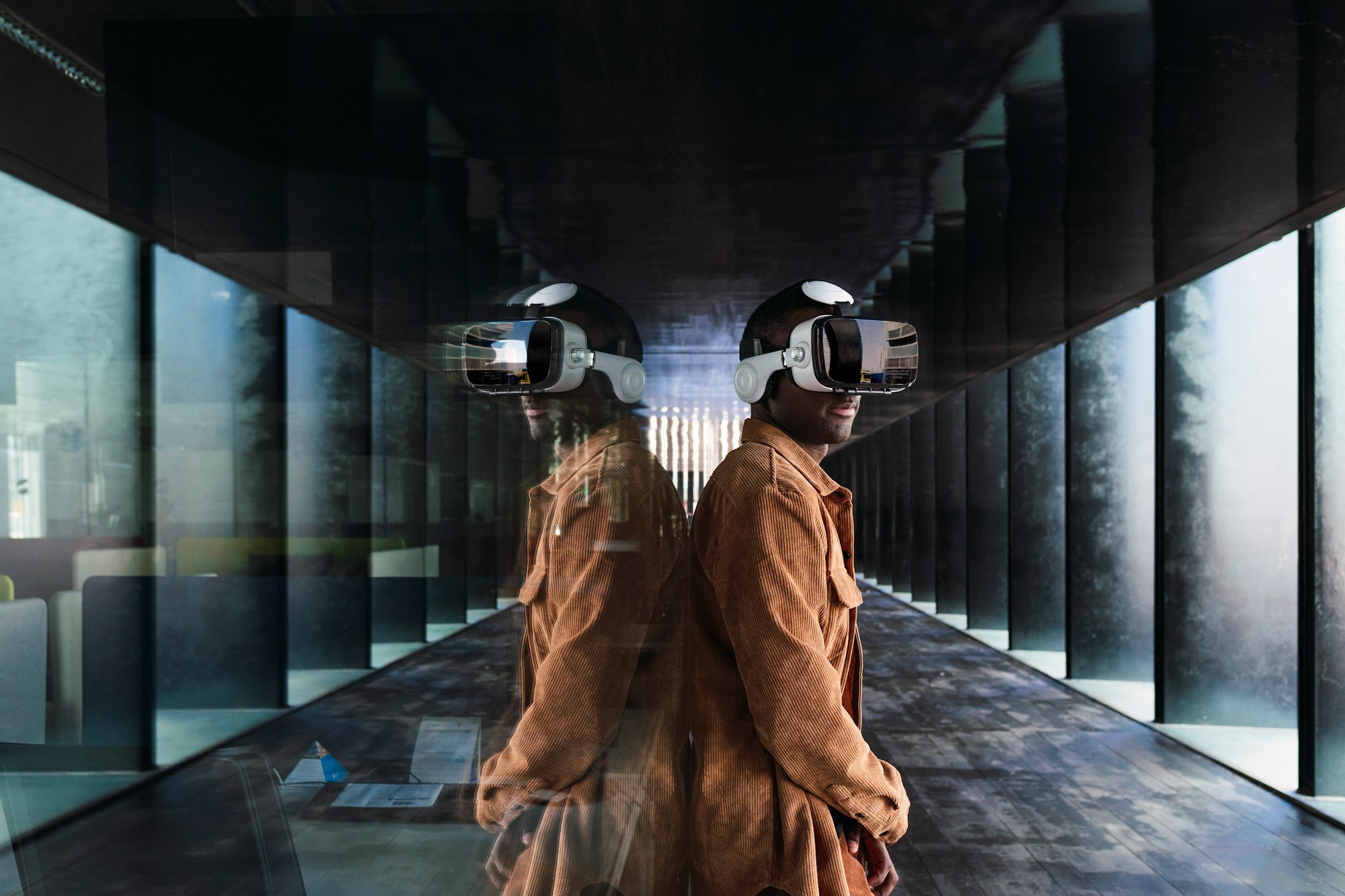The common fear that superintelligent robots are alien invaders poised to take our jobs reveals a fundamental misunderstanding of labor, value, and intelligence. Robots should not be viewed as our competitors but as extensions of human creativity, evolving as naturally from our society as hair grows from our scalps. This shift from a competitive to a cooperative perspective transforms how we see the integration of humans and technology.

The Myth of the Mechanical Enemy
Labeling a fruit-picking robot as an enemy shifts focus away from the real issue: the expendability of human workers once they’re deemed unnecessary. This view not only strips workers of their humanity, treating them like soulless machines, but also highlights a broader societal disconnect and misunderstanding of our technological partners.
AI Anxiety Rooted in Historical Power Dynamics
Our apprehensions about artificial intelligence tap into an ancient narrative that emphasizes dominance and hierarchy. However, evolutionary biology demonstrates that cooperation, rather than competition, is the driving force behind complexity and progress in nature, from cells to societies.
Broadening the Definition of Intelligence
Current discussions on AI often overlook the expansive nature of intelligence, which spans humans, animals, plants, and machines. As AI technology advances, we have the opportunity to expand our definition of intelligence to recognize a broader array of contributors, challenging the traditional view of human achievements as solely individual efforts.
Viewing Human Intelligence as a Community Effort
Traditional perceptions of human intelligence as a singular, individual characteristic do not account for the extensive interactions that fuel intellectual and cultural progress. Elements from agriculture to digital technology play integral roles, suggesting a more integrated and collective framework for understanding intelligence.
The Power of Global Cooperative Intelligence
At a macro level, the collective intelligence of humans holds significant potential for addressing global challenges like climate change and geopolitical strife. Clinging to narratives of individual or national supremacy is not only outdated but also counterproductive. Embracing and nurturing the interconnected and collective abilities of our world is crucial for future sustainability and success.
This piece explores how our views on AI mirror deeper beliefs about human intelligence, emphasizing the need for cooperation over competition and advocating for a more inclusive definition of intelligence that spans across biological and technological realms.

FAQ
1. Why should we see robots as extensions of human creativity rather than competitors?
Viewing robots as competitors perpetuates a zero-sum game mentality, where humans and machines are pitted against each other. Instead, recognizing robots as extensions of human creativity acknowledges that they are products of our ingenuity designed to assist and enhance our capabilities. This perspective promotes a cooperative relationship, where technology serves to complement human efforts rather than replace them.
2. How does redefining intelligence to include non-human elements change our understanding of progress?
Redefining intelligence to include non-human elements, such as animals, plants, and machines, broadens our perspective on intellectual and cultural advancements. It highlights the interconnected nature of progress, where various entities contribute to collective achievements. This integrated view challenges the traditional notion of intelligence as an isolated human attribute, emphasizing the importance of cooperation and shared contributions in driving growth and innovation.
3. What role does collective intelligence play in addressing global challenges?
Collective intelligence, which encompasses the combined knowledge and capabilities of humans and technology, is crucial for tackling complex global issues like climate change and geopolitical conflicts. Recognizing and fostering this collective potential enables us to approach these challenges with a unified and coordinated effort. Moving away from individual or national superiority narratives towards a collaborative mindset enhances our ability to develop sustainable and effective solutions for the future.
Sources The Guardian



Thanks for sharing. I read many of your blog posts, cool, your blog is very good.